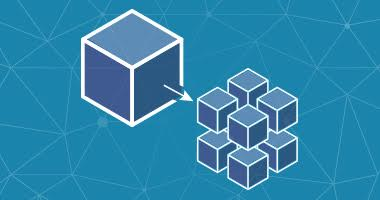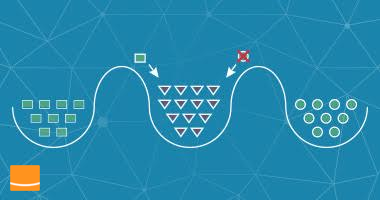June 10, 2025 Updates
1749557298000
What's New in Our Catalog
Newest Releases
 Master H-Statistic: Uncover & Visualize Feature Interactions | View in the Skills Network Catalog
Master H-Statistic: Uncover & Visualize Feature Interactions | View in the Skills Network Catalog
Uncover hidden relationships that traditional feature importance tools miss by learning to analyze feature interactions using the H-statistic. In this hands-on project, you'll visualize joint effects with PDP and ICE plots, and apply interaction analysis to real-world bike sharing data. Measure interaction strength in decision trees and random forests, interpret pairwise and one-vs-all H-statistics, and compare additive vs. interactive model behavior. Gain practical skills to enhance model interpretability and guide feature engineering. Build skills that boost both model insight & performance.
 Exploring Feature Interactions using H-Statistic | View in the Skills Network Catalog
Exploring Feature Interactions using H-Statistic | View in the Skills Network Catalog
Discover hidden relationships in machine learning models with H-statistic analysis, revealing how features work together beyond their individual effects. When buying a car, colour and engine type matter but it's the red sports car with a turbo engine that really sells. In this project, learn to quantify high impact feature combinations and interpret how they influence predictions. Train decision tree models, calculate pairwise and one-vs-all interaction metrics, and analyze which feature combinations (such as holiday×windspeed) most strongly affect bike rental patterns.
Updates
 Reactive Architecture: CQRS & Event Sourcing | View in the Skills Network Catalog
Reactive Architecture: CQRS & Event Sourcing | View in the Skills Network Catalog
This course will discuss the reasons we use CQRS/ES, what benefits it provides us, but also what it will cost us to use.
 Reactive Architecture: Domain Driven Design | View in the Skills Network Catalog
Reactive Architecture: Domain Driven Design | View in the Skills Network Catalog
Domain Driven Design is a technique commonly used to build Reactive Systems. This course will introduce the core elements of Domain Driven Design. It will also explain how those elements relate to Reactive Systems.
 Reactive Architecture: Reactive Microservices | View in the Skills Network Catalog
Reactive Architecture: Reactive Microservices | View in the Skills Network Catalog
When we use the term Reactive, we are usually talking about Reactive Microservices. But what is a microservice? And how can we make it Reactive? This course will explore the difference between monoliths and microservices and show the journey to making a system Reactive.
 Reactive Architecture: Introduction to Reactive Systems | View in the Skills Network Catalog
Reactive Architecture: Introduction to Reactive Systems | View in the Skills Network Catalog
This course teaches the core principles behind Reactive Architecture. It introduces students to why we need Reactive Systems, and what problems they are trying to solve. It also contrasts Reactive Architectures with Reactive Programming, showing how they relate, and how they are different.
 Reactive Architecture: Building Scalable Systems | View in the Skills Network Catalog
Reactive Architecture: Building Scalable Systems | View in the Skills Network Catalog
Building Reactive Systems requires a balance between Consistency and Availability. This course will explain why that balance exists.
 Reactive Architecture: Distributed Messaging Platforms | View in the Skills Network Catalog
Reactive Architecture: Distributed Messaging Platforms | View in the Skills Network Catalog
Reactive Systems are built on a foundation of asynchronous, non-blocking messages. This course will explore that idea in detail.
